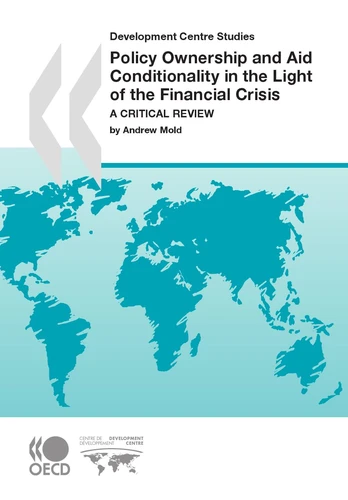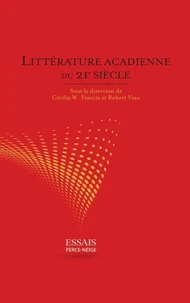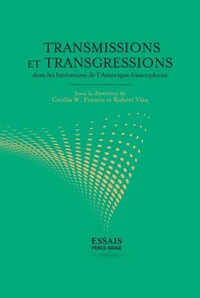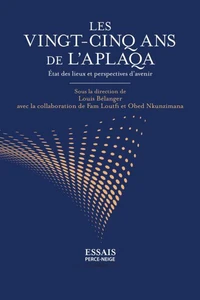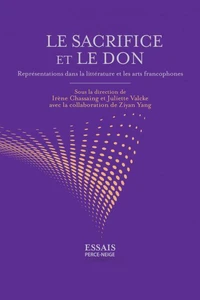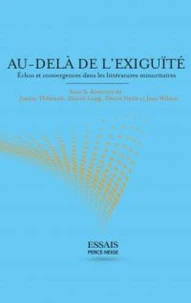Policy Ownership and Aid Conditionality in the Light of the Financial Crisis. A Critical Review
Par :Formats :
Disponible dans votre compte client Decitre ou Furet du Nord dès validation de votre commande. Le format Multi-format est :
- Pour les liseuses autres que Vivlio, vous devez utiliser le logiciel Adobe Digital Edition. Non compatible avec la lecture sur les liseuses Kindle, Remarkable et Sony
 , qui est-ce ?
, qui est-ce ?Notre partenaire de plateforme de lecture numérique où vous retrouverez l'ensemble de vos ebooks gratuitement
Pour en savoir plus sur nos ebooks, consultez notre aide en ligne ici
- Nombre de pages94
- FormatMulti-format
- ISBN978-92-64-07552-8
- EAN9789264075528
- Date de parution26/08/2009
- Protection num.NC
- Infos supplémentairesMulti-format incluant PDF avec W...
- ÉditeurOECD
Résumé
The current economic situation has obliged the international donor community to reexamine its stance on the conditionality of development assistance. This study evaluates which controversies persist with respect to aid conditionality, how successful donors have been in stemming the rising tide of aid conditionality of the 1980s and 1990s, and whether the donor community practices what it preaches regarding the allocation of aid based on governance and development criteria.
Above all, the report considers how the financial crisis has rendered it increasingly difficult to maintain traditional conditionality frameworks. Strategies for reducing the number of aid conditionalities and for enhancing recipient ownership of aid policies are proposed in light of the unsustainability of existing frameworks.
Above all, the report considers how the financial crisis has rendered it increasingly difficult to maintain traditional conditionality frameworks. Strategies for reducing the number of aid conditionalities and for enhancing recipient ownership of aid policies are proposed in light of the unsustainability of existing frameworks.
The current economic situation has obliged the international donor community to reexamine its stance on the conditionality of development assistance. This study evaluates which controversies persist with respect to aid conditionality, how successful donors have been in stemming the rising tide of aid conditionality of the 1980s and 1990s, and whether the donor community practices what it preaches regarding the allocation of aid based on governance and development criteria.
Above all, the report considers how the financial crisis has rendered it increasingly difficult to maintain traditional conditionality frameworks. Strategies for reducing the number of aid conditionalities and for enhancing recipient ownership of aid policies are proposed in light of the unsustainability of existing frameworks.
Above all, the report considers how the financial crisis has rendered it increasingly difficult to maintain traditional conditionality frameworks. Strategies for reducing the number of aid conditionalities and for enhancing recipient ownership of aid policies are proposed in light of the unsustainability of existing frameworks.

